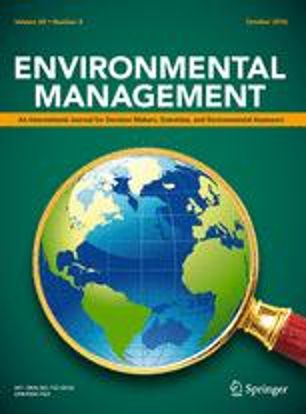The third World Mountain Forum will be held from 17 to 20 October 2016 in Mbale, Uganda, at the foot of the iconic Mount Elgon, with the aim of strengthening dialogue between researchers and policy-makers for sustainable mountain development around the world. Choosing Africa as the event's host continent can be understood as an attempt to place African mountains more visibly on the agenda for achieving the Sustainable Development Goals in mountains, and to strengthen mountain-relevant research and policymaking in Africa. Indeed, as shown by a recent report (Romeo et al 2015), 11% of the world's mountain regions are located in Africa, and they host 22% of the global mountain population. Moreover, from 2000 to 2012, the number of people living in African mountains increased by an astounding 38%. This trend is not (yet) reflected in the attention given to African mountains in policymaking and research. In this issue of MRD, peer-reviewed papers on African mountains are sorely missing, but thanks to the World Mountain Forum initiative (hosted by the Albertine Rift Conservation Society, ARCOS) and the efforts of institutions such as the Afromontane Research Unit (see below), this will hopefully change in the near future.
DOI:
https://doi.org/10.1659/mrd.3603
Skor altmetrik:
Jumlah Kutipan Dimensi:

















